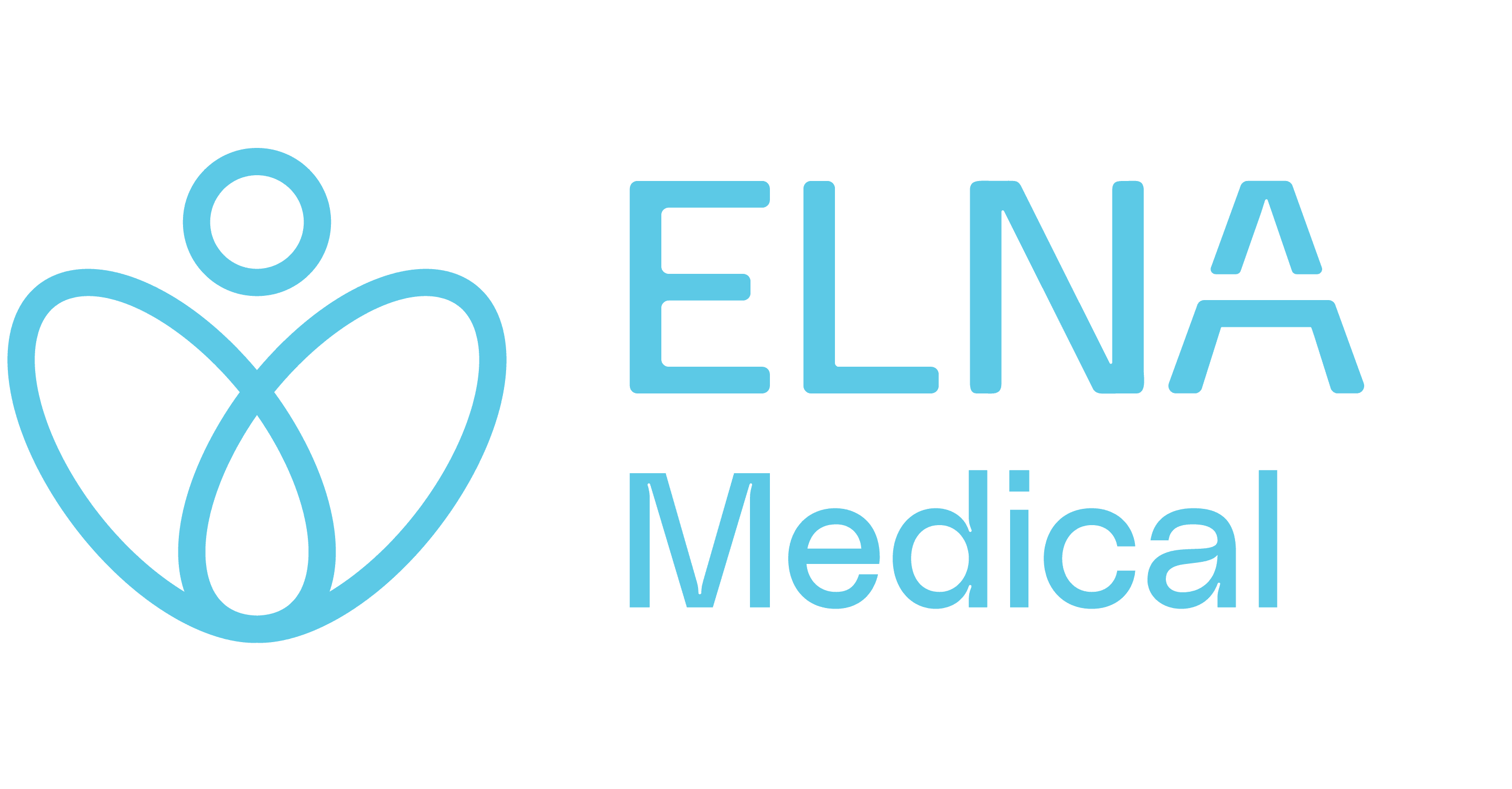Becoming a parent is a wonderful event, but one that represents a major upheaval in the lives of both women and men. It raises many questions, fears and emotions, about the birth itself and the profound changes the arrival of the baby will bring to their personal, family, professional lives and health.
It’s natural to feel anxious and wonder about this transition. However, when these emotions become too intense or persistent, it is advisable to consult a health professional.
Read our article to better understand this situation and find solutions:
- What is perinatal anxiety?
- What are the risk factors?
- What are the symptoms?
- When should I consult a health professional?
What is perinatal anxiety?
Perinatal anxiety is a form of anxiety that occurs during pregnancy and the first few months after childbirth. It is a natural reaction that can affect emotions, thoughts, actions and physical and mental health. Although its incidence is more marked in pregnant women, men can also be affected.
Fears and frequent questions
Manifestations of perinatal anxiety vary, from general worry to obsessive and excessive thoughts about different subjects. Here are a few examples:
- Labor and delivery: How the labor and delivery be like? Is giving birth painful? What are the possible complications?
- Child’s health: Will my baby be healthy? What are the risks of abnormality? What prenatal tests are required?
- Physical changes: How will my body feel during pregnancy and after childbirth? How will I deal with fatigue?
- Parenting skills: Is parenting a difficult task? What if I don’t bond with my newborn? Or don’t know how to take care of her/him?
- Partner relationship: Will my partner support me? How can I keep my relationship with my partner strong and healthy?
- Social relationships: Will I keep seeing my friends and family? What if I don’t have a life outside parenthood?
- Professionally: Will I be able to get back to work easily? Will my career continue to develop?
- Financial: How will I meet all the child’s needs? What will be the expenses for the baby’s medical care, education, etc.?
When stress and anxiety become too heavy, they can lead to more serious mental health complications such as prenatal depression (before pregnancy) or postpartum depression (after pregnancy). If you are feeling emotionally distressed, please contact a healthcare professional as soon as possible.

What are the risk factors for anxiety during and after pregnancy?
Hormonal fluctuations during pregnancy and after childbirth can play a major role, affecting neurotransmitters in the brain and thus contributing to anxiety. However, there are other risk factors to consider:
- Fear of giving birth: Anxiety about pain during labor and delivery, complications and changes to your body and health.
- Bad lifestyle habits before pregnancy: Lack of exercise, poor diet, lack of sleep, smoking, alcohol, screens, drugs…
- Communication issues in your relationship, lack of support, tensions or differences related to parenthood.
- Traumatic experience: Stressful life experience.
- History of mental health problems: Experience of mood disorders in the past, such as anxiety, depression or any other mental health problem.
- History of complicated pregnancy or childbirth: Previous experience of a high-risk pregnancy, miscarriage, traumatic delivery or medical complications.
- Sleep deprivation, insomnia and other sleep disorders.
- Body dissatisfaction: Negative perception of your body, tendency to depreciate yourself.
- Single parenthood or lack of social support from family or friends.
- Financial or professional difficulties: Financial or employment problems.
It’s important to note that everyone is different, and that some risk factors may have a greater impact than others, depending on individual circumstances.
What are the signs of anxiety and depression in expectant or new parents?
Not all pregnant women and new mothers feel the same way. But some symptoms can be signs of anxiety disorders and should be watched:
- Sadness, despair or emptiness persistent feelings.
- Stress and anxiety attacks that are difficult to explain.
- Ruminating and thinking regularly about the same problems, when there are no solutions.
- Loss of interest or pleasure in usual activities, including caring for the baby.
- Constant fatigue.
- Appetite problems, which can lead to significant weight loss or gain.
- Sleep disorders, including insomnia or excessive sleeping.
- Irritability, worthlessness, excessive guilt or shame feelings.
- Difficulties with concentration, decision-making or memory.
- Thoughts of death or suicide, ideas of harming oneself or one’s baby.
If you, your partner or a loved one experience several of these symptoms during pregnancy or after childbirth, you should consider to consult a healthcare professional for medical support and to prevent any risk of more serious anxiety or depressive disorders.

When should you see a doctor?
If you recognize yourself in the risk factors and wish to prevent symptoms of anxiety or depression, it is advisable to consult a healthcare professional to share your concerns and benefit from appropriate support.
What’s more, if you’re already experiencing signs of depression during pregnancy or after childbirth, it’s advisable to consult a mental health professional as soon as possible to establish a precise diagnosis. They can offer you psychological care and treatment if necessary.
With the right tools and the expertise of health professionals, you’ll have everything you need to create a healthy, welcoming environment for your baby’s arrival.
Support for perinatal anxiety in Quebec
Our healthcare professionals are trained to listen carefully, assess compassionately and provide advice tailored to each individual situation. There are many solutions available to you in the Greater Montreal area:
Maternal mental health and pregnancy follow-up: Dr. Marie Ammerlaan offers perinatal and maternal mental health services. She helps women overcome the challenges they face before, during and after pregnancy (fertility, anxiety, post-partum, perinatal bereavement, etc.).
Psychological or psychiatric support: A psychologist or psychiatrist can provide crucial support to perinatal parents, offering accurate diagnosis and psychotherapy in person or via teleconsultation. He or she can also recommend medication or more advanced therapy. See ou mental health services.















